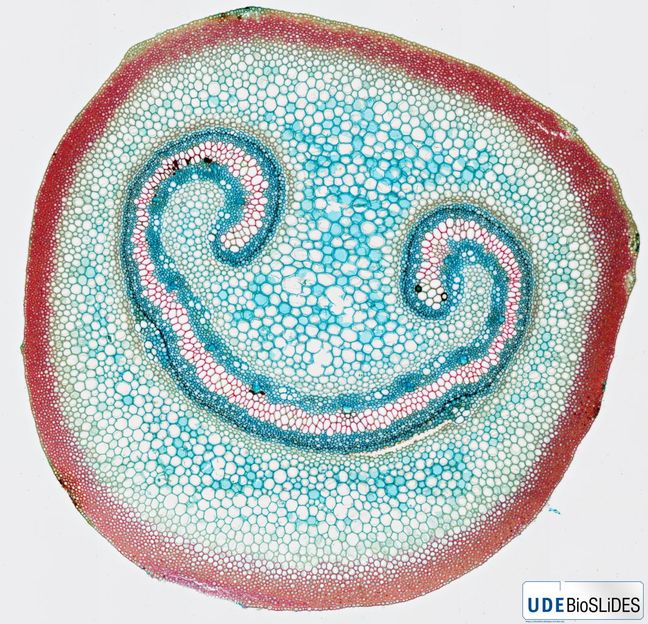Amorfix achieves target sensitivity with its Alzheimer's disease diagnostic test
Amorfix Life Sciences announced that its diagnostic test for the presence of aggregated Abeta in Alzheimer's disease is ready to be applied to patient samples. The company has adapted its test to specifically detect aggregated Abeta protein (amyloid) in femtogram quantities from an Alzheimer's brain when it is spiked into plasma or cerebral spinal fluid (CSF).
"Our AD diagnostic assay is now the most sensitive test available for Abeta protein based on our survey of existing tests. We have achieved the sensitivity required to test human Alzheimer's blood and CSF for aggregated Abeta, a hallmark of Alzheimer's disease," said Dr. Neil Cashman, Chief Scientific Officer of Amorfix. "In addition, we believe we can further improve the assay sensitivity by incorporating technology similar to that developed for our EPvCJD(TM) Blood Screening Assay."
The company obtained ethical approval to collect and use blood from Alzheimer's patients for assay validation, and has already obtained the necessary blood and CSF samples from Alzheimer's patients and normal controls to begin testing.
Alzheimer's disease is associated with an accumulation of protein aggregates, called amyloid, in the brain. Research has shown that amyloid results from aggregation of misfolded Abeta protein. The Amorfix AD diagnostic test has been developed to detect aggregated Abeta, the characteristic feature of Alzheimer's disease, in a blood sample or CSF whereas existing assays only detect Abeta. The company believes that detection of aggregated Abeta in blood or CSF would represent a significant advancement in the search for a reliable indicator to show evidence of Alzheimer's disease.
The company believes that CSF will have a higher concentration of Abeta aggregates because they originate from the brain and are not diluted in the plasma. There are currently no reliable methods for diagnosing this disease prior to death. Amorfix hypothesizes that aggregated Abeta passes from the brain to the CSF and makes its way into the blood system through a known physiological pathway. As there is no test for aggregated Abeta, the presence of or amount of aggregated Abeta in blood or CSF of Alzheimer's patients is not known.
Organizations
Other news from the department research and development

Get the life science industry in your inbox
By submitting this form you agree that LUMITOS AG will send you the newsletter(s) selected above by email. Your data will not be passed on to third parties. Your data will be stored and processed in accordance with our data protection regulations. LUMITOS may contact you by email for the purpose of advertising or market and opinion surveys. You can revoke your consent at any time without giving reasons to LUMITOS AG, Ernst-Augustin-Str. 2, 12489 Berlin, Germany or by e-mail at revoke@lumitos.com with effect for the future. In addition, each email contains a link to unsubscribe from the corresponding newsletter.
More news from our other portals
Last viewed contents
Butylscopolamine
LDC and Roche will jointly advance innovative drug discovery projects - LDC Enters new Industry Partnership for the Discovery of Novel Medicines
Scientists identify genes that control smooth muscle contraction

























































